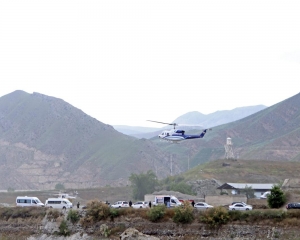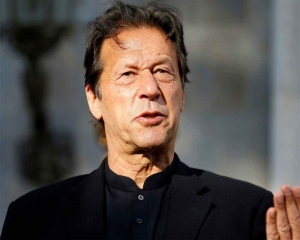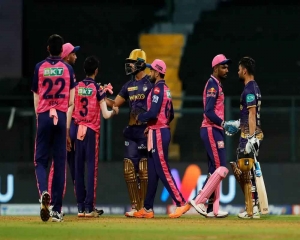Due to the lack of support, many widows are denied their inheritance, leaving them vulnerable to sexual exploitation and violence
The 2011 census states that there are 5.6 crore widowed persons in India. Women outnumber men accounting for nearly 78% of the total widowed population. The majority of widows in India are elderly, with approximately 58 per cent of them being 60 years or older. The remarriage rate among widows in India is generally low, with only 15 per cent of widows aged 60 and above having remarried due to cultural or social factors, as per the 2011 census.Many widows in the country struggle with economic difficulties and find themselves living below the poverty line. Due to limited access to education and other opportunities, women face significant financial challenges after the death of their husbands, who were solely responsible for supporting the household. Due to the lack of supportive property rights in India, many female widows are denied their inheritance, leaving them vulnerable to sexual exploitation and violence. Consequently, widows endure lifelong financial difficulties, compelling them to send their children to work instead of providing them with an education.Seeta Devi, a resident of Bagra village in Jalore district, Rajasthan, has been facing similar challenging circumstances along with other widows in the area. Ten years ago, she tragically lost her husband in a road accident, leaving her with the responsibility of raising their children who were only five and six years old at the time.Due to the sudden loss of her husband, she had to cancel her son's school admission and involve him in ancestral duties. Talking about government schemes aimed at supporting widows and the benefits, she expressed, "I only receive a widow's pension of 750 rupees from the government. Unfortunately, apart from this, I don't receive any other kind of assistance. It's extremely challenging to manage a household with just 750 rupees. Consequently, I had no choice but to withdraw my elder son from school and have him work, while I myself engage in manual labor. Our lack of literacy prevents us from accessing information about government schemes for widows' welfare, and unfortunately, no one informs us about them either."Similarly, Savita Devi, another woman from the village, faced a tragic loss last year when her husband passed away in a fatal road accident. This unfortunate event left her with the sole responsibility of supporting her family. To meet their daily needs, she had no choice but to send her 13-year-old son to work in the city, depriving him of education.
When asked about burdening a young child with household responsibilities at such a tender age, thus depriving him of education, Savita Devi expressed her reluctance by saying, "We don't want our son to work at such a young age instead of studying, but circumstances leave us with no choice." She explained, "We have two older daughters at home and a young son as well, making a total of five people whose daily needs must be met. Our daughters are older, so we cannot send them to work, and our youngest son is still attending school."
According to Dilip Singh, a social worker in the region, the main challenge widows face in the district is a financial crisis. In rural areas, husbands are typically responsible for the household and supporting the entire family, as women were not educated and are limited to the household. While society is offering some assistance to widows, they often decline the support provided.
“They fear of appearing helpless and inferior in the society,” Dilip shared. He also mentioned that the social status of widows has improved over time as remarriage for widows is now accepted, and societal restrictions on them are decreasing. Talking about several schemes available in the country, Praveen Kumar, an E-Mitra operator from the region shared that, "There are several government programs and social initiatives in place in the country and states to provide economic assistance to widows.
These include schemes such as the National Widow Pension Scheme, Swadhar Greh Yojana, Prime Minister Matru Vandana Yojana (PMMVY), assistance programs for women's training and employment, the National Family Benefit Scheme, the Annapurna Scheme, and more.”Highlighting how government schemes aimed at the welfare of widows are not reaching the widows in rural areas, Pavani Devi says, "Due to illiteracy, we are unaware of government schemes and the benefits we can receive from them." she added. Despite the existence of multiple widow empowerment initiatives, widows continue to encounter obstacles in accessing their rightful benefits, necessitating enhanced accessibility measures for these programs. Effective implementation demands a well-coordinated awareness campaign targeting widows in their local vernacular, coupled with streamlined procedural modifications to accommodate illiterate widows.
Only then can the observance of International Widows Day on June 23rd attain its true significance.
(The author is an independent writer from Rajasthan)

























